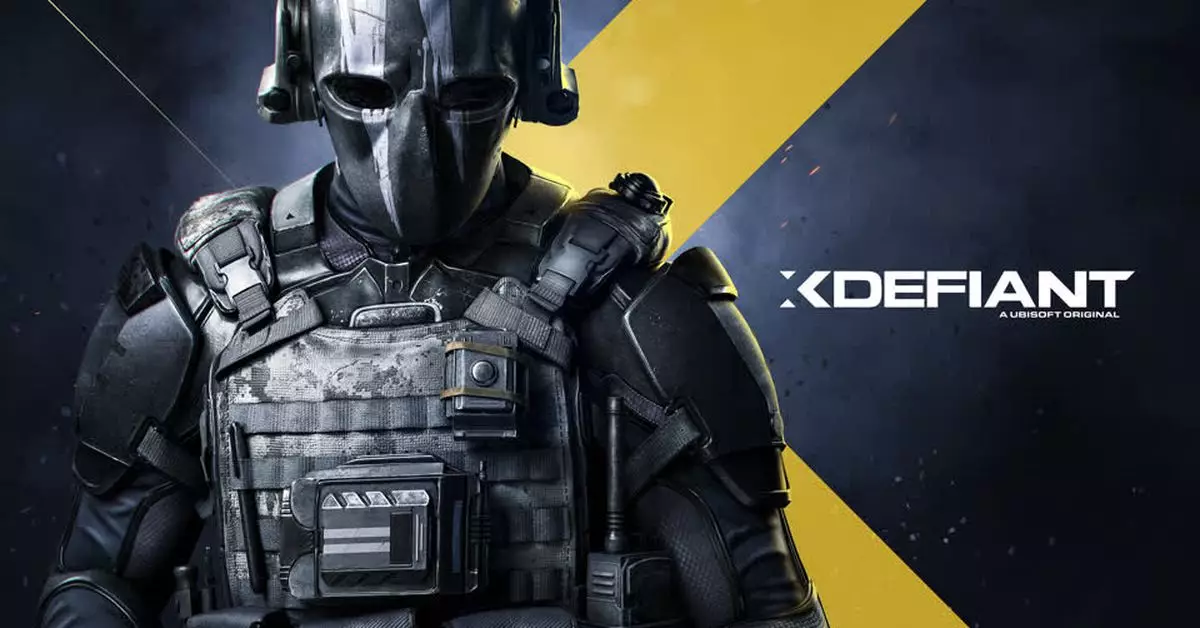Ubisoft’s recent announcement regarding the cessation of development for its free-to-play shooter, XDefiant, raises significant questions about the sustainability of modern video games. Officially launched only in spring 2023, XDefiant will soon fade into the annals of gaming history. This decision echoes previous misfires in the company’s portfolio, most notably Hyper Scape. Both projects, eagerly anticipated and heavily marketed, fell short of long-term viability, highlighting a troubling trend for not just Ubisoft, but the gaming industry at large.
Despite a tumultuous launch, XDefiant popped up with impressive early statistics. Ubisoft reported over 1 million players in a closed beta just a year prior to its official launch and claimed that the shooter racked up more than 10 million players within its first two weeks. At face value, these numbers reflect what seems to be a well-received title with considerable buzz. However, these figures mask a troubling reality; while the initial excitement was palpable, the retention rates swiftly plummeted.
As news reports surfaced, notably from Insider Gaming, they painted a grim picture of the game’s community. Player activity nosedived, with concurrent numbers dwindling to below 20,000 across all platforms. This loss of engagement points to systemic issues within the game’s design and its reception within the wider gaming ecosystem. It raises an important question: what is preventing these games from maintaining player interest once the novelty wears off?
XDefiant’s struggles can be linked to a broader misalignment with its audience. Despite an aggressive marketing strategy, the game ultimately did not deliver an experience that sustained player investment. Critical elements like engaging content, gameplay balance, and community interaction seem to have faltered. As players transitioned from initial excitement to a quest for deeper engagement, they likely felt let down, leading to the game’s rapid decline.
Moreover, Ubisoft has opted to sunsetting the game rather than a rework or pivot. This may indicate an overarching strategy of cutting losses rather than investing further resources into salvaging a title that had potential. The planned rollout of Season 3 content implies an effort to placate a remaining base, but it underscores the company’s inability to cultivate a thiving ecosystem around the game.
Ubisoft’s XDefiant may represent a cautionary tale—a stark reminder of how high expectations can swiftly spiral into disappointment. In the face of industry challenges, this trajectory of seemingly lost opportunities urges developers to better understand their audience and the long-lasting appeal of new titles.
As the gaming landscape continues to evolve, companies like Ubisoft must reassess their approaches to player engagement and retention. Future titles should focus on iterative development that prioritizes feedback and a meaningful connection with players, rather than relying solely on pre-launch hype. The fate of XDefiant could serve as a catalyst for more thoughtful game design and sustainable gaming experiences that could prevent similar ends in the future.


Leave a Reply